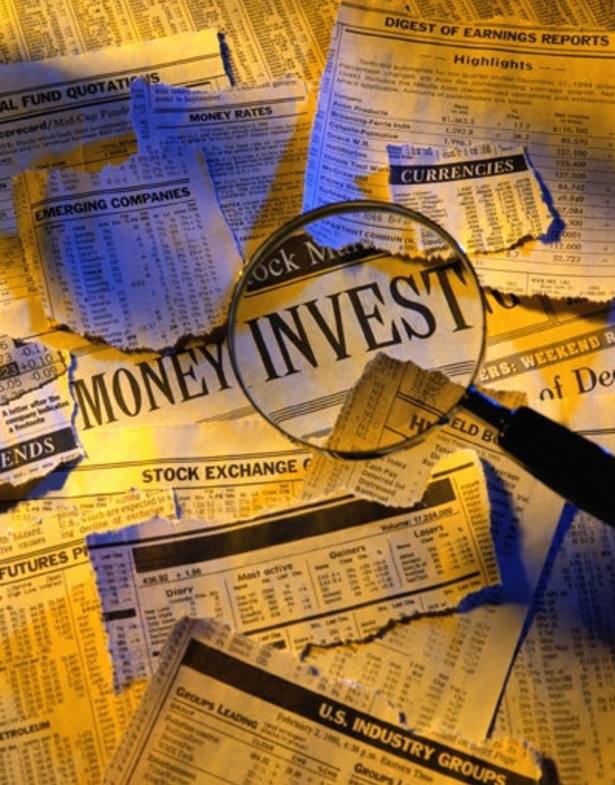
Donald Trump’s victory in the US presidential election caused shockwaves as pollsters were once again proved wrong, but equity markets have swiftly weathered the storm.
In what Mr Trump previously described as “Brexit plus plus plus” the businessman took a surprise lead and won unexpected states, leading Democratic candidate Hillary Clinton to concede defeat.
Early trading in the wake of the result suggests volatility will continue to be the watchword of equity markets. Asian markets were the first to feel the brunt of the shock as the Nikkei 225 index dropped 5.4 per cent and the Hang Seng index in Hong Kong slipped 2.2 per cent. Both have since rebounded.
After an initial drop, European markets appeared to steady with the FTSE 100 falling 0.4 per cent in morning trading and the Xetra Dax index in Germany dropping 1.2 per cent.
While equity markets felt nervous, there were some winners with the perceived ‘safe haven’ of gold pushing past $1,300 (£1,047) an ounce. But this move, too, was quickly reversed.
Laith Khalaf, senior analyst at Hargreaves Lansdown, notes: “Initial stockmarket reaction to Mr Trump’s victory was a short intake of breath, followed by a shrug. The Japanese market was the biggest faller, shedding around 5 per cent owing to the appreciation of the yen, with European markets also opening lower. However, there has already been a bounce in stock indices, suggesting that even the most powerful office in the world holds only limited sway over global capital markets.”
While the short-term impact of the result could see US stockmarkets slip, the longer term outlook for a Trump presidency remains mixed.
Russ Mould, investment director at AJ Bell, says: “A drop in stocks and gains in safe-haven assets like the yen and gold are textbook knee-jerk reactions to unexpected events.
“However, once they sit down and think more clearly, markets will need to consider long-term issues such as protectionism and inflation as potential dangers and a pro-growth agenda as a potential benefit when they address what a Trump presidency could mean.”
Richard Buxton, head of UK equities at Old Mutual Global Investors, points out a Trump victory is “a big reflation trade”.
He explains: “Trump has openly stated he will employ extensive fiscal stimulus, resulting in the likes of renewed bridge, road and rail building. All of these measures are essentially ‘pro-growth’ policies.”
But the chances of a December rate rise from the US Federal Reserve now seems less likely, with Mr Khalaf highlighting markets have cut forecasts on the possibility to 50:50.
Mr Buxton adds: “Given the Trump victory, will Janet Yellen feel she has to resign her chairmanship of the Fed? Trump’s criticism of her has been so vocal that she may feel she has to go to preserve the Fed’s integrity. The December interest rate rise is likely to be off, pending assessment of the economic impact of the election result, unless a supremely confident Federal Open Market Committee feels that pressing ahead with a rate rise is the best way to show its independence. Watch this space.”






